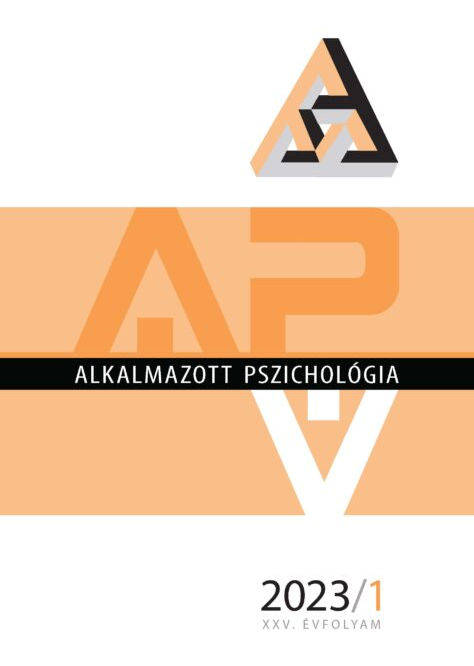Attachment styles and and digital device addictions among university students with and without symptoms of ADHD
DOI:
https://doi.org/10.17627/ALKPSZICH.2023.1.75Keywords:
adult attention deficit hyperactivity disorder, modern behavioral addiction, attachment styleAbstract
Background and aims: Adults with ADHD often experience lower psychosocial well-being compared to their peers, and they are more prone to alcoholism, drug abuse, and behavioral addictions. While the relationship between chemical dependency and ADHD symptoms has been extensively studied, there is limited international literature on modern behavioral addictions. This study aimed to investigate the role of attachment style in problematic social media and smartphone usage among college students with and without symptoms of ADHD.
Methods: In this cross-sectional study, a sample of college students completed an online self-administered questionnaire. Participants were assessed using the Adult ADHD Self-Report Scale, Bergen Social Media Addiction Scale, Smartphone Addiction Scale, and Relationship Scale to determine their attachment style.
Results: Data were collected from 408 students (age range: 18–35 years; M = 23.37, SD = 3.87) enrolled in Hungarian higher educational institutions. Students with ADHD symptoms (n = 215) exhibited higher levels of problematic social media and smartphone use. Among the ADHD+ group, significant differences in attachment styles were observed. However, there were no significant results in attachment styles among students without ADHD symptoms.
Discussion: The findings of this research contribute valuable insights into the development of digital device addictions and the role of attachment styles. These results highlight the need for intervention programs specifically tailored for students with ADHD.
